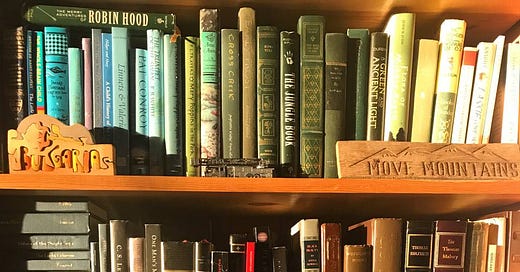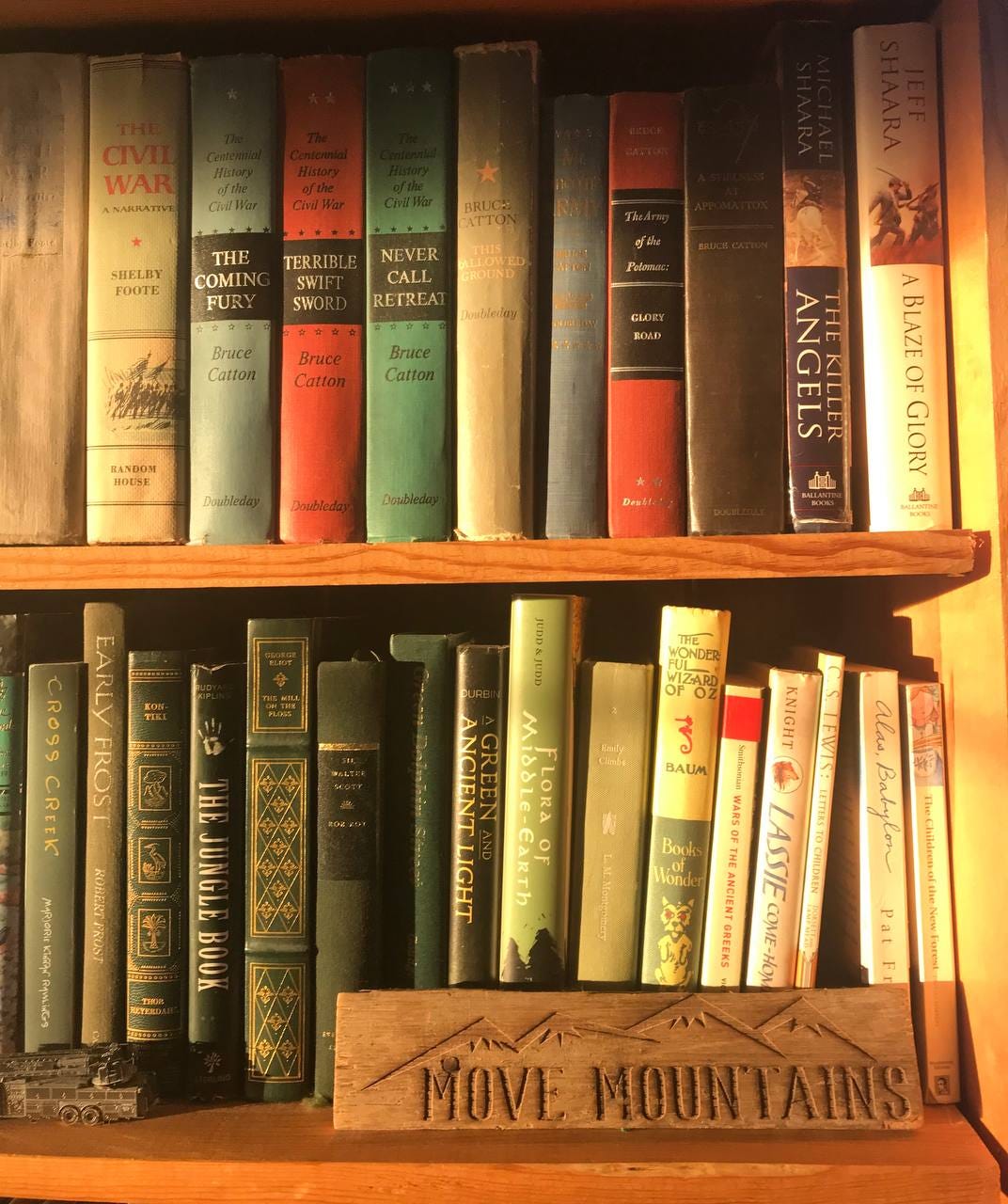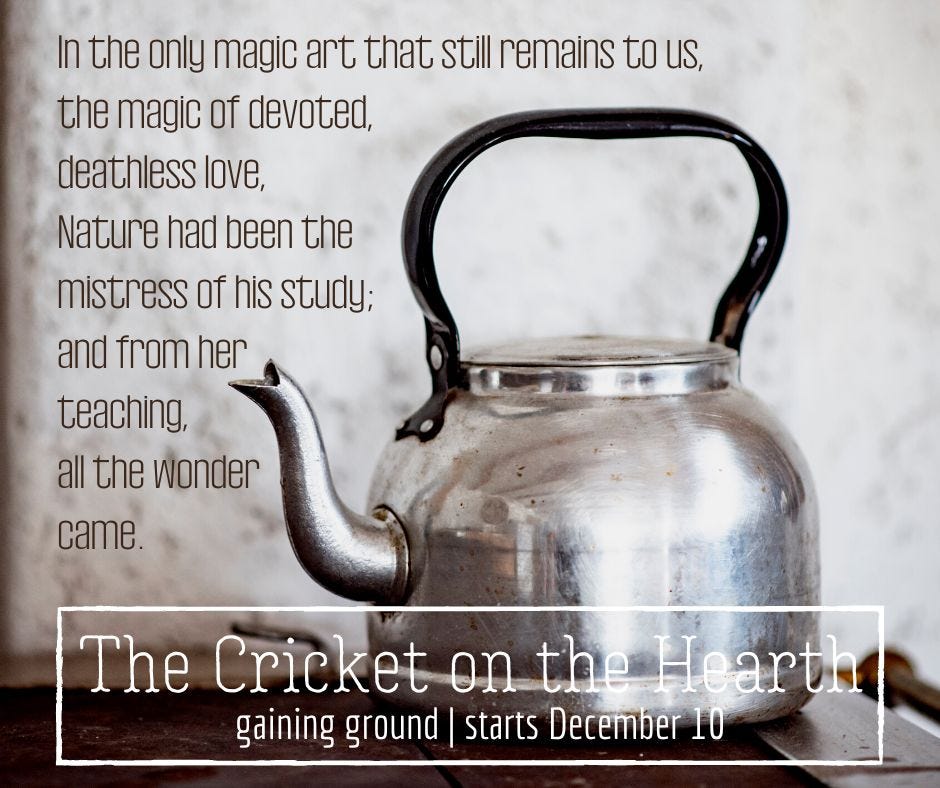People who want to write have a lot of excuses for not doing it, but one of the main ones I hear is, Oh, The Grammar.
Smart, confident, breezy people often feel stopped in their tracks by it, and what they really mean is usually not just grammar (which is how the words go together) but also those other pesky things like punctuation, and spelling, and technique. It’s like we think there’s this bossy Grammar Fairy with tiny pinched glasses hovering over our shoulders while we type, just waiting to whack us on the head if we mix up our tenses or forget whether or not we need an apostrophe in “its.”
(Do we? It depends, of course.)
Grammar and its cohorts aren’t the real reason people put off writing, though.
It’s that we suspect the Grammar Fairy exists inside the people who will read (and judge) our work. We don’t want people to judge us and find imperfections. It’s hard enough just to get the words out without worrying that people will pick them apart and feel superior because they noticed something was worded wrong (or is it “wrongly?”1).
But even before that, the first judge we have to deal with is ourselves as we look and doubt and rearrange and delete and retype and wonder if this way or that way is the best way to articulate what we’re trying to say.
Because English has a million rules and it’s stupid.
So hey, did you notice that last sentence and judge me for it? You could; it’s a sentence fragment, which is something the Grammar Fairy would call a Big No-No. I did it on purpose because it’s a rule I’m comfortable with breaking. But do you know why it’s a sentence fragment?
If you do, yay. And if you don’t, no worries. I’m not going to explain it right now, because it’s boring.
You can find the answer all over the internet if you want, all about subjects and objects and where the verb is working and what constitutes a complete sentence. The info is out there, but there’s an easier way to learn what you really need to know.
I’m gonna tell you a secret. Ready? I’ve homeschooled for nineteen years and coached many people with their writing, but I don’t teach or emphasize grammar. Personally, I’m still a little confused about hanging participles, and it wasn’t until I was well into adulthood that I finally really understood what a preposition was.
Here’s what I do instead: Encourage immersion in great books.
We didn’t teach our children to speak by telling them rules about nouns and verbs; we spoke around them and they picked it up because they were immersed in language.
And that’s how we get comfortable with putting sentences together, too. Knowing the rules is only partly helpful because following everything to the letter often sounds stuffy and unnatural. But learning how to use the rules and when to break them is what comes by seeing it done repeatedly and well, and that’s what immersing ourselves in great books does. Grammar comes on its own because we intuitively know when something sounds funny.
And then we start writing, and writing, and writing, and that’s when we learn the other things about how to spell commonly mispelled misspelled words and how to navigate the dilemma of To Comma or Not To Comma.
But first, we get rid of the bossy Grammar Fairy — otherwise known as your inner critic. Drown her in great books.
gaining ground update:
We have less than two weeks left of A Tale of Two Cities and then we start The Cricket on the Hearth (also by Charles Dickens) on December 10th. It's short, about 75 pages long, so we’ll read roughly 25 pages a week. If you’re having a hard time finding a copy, it's often found in a collection of Dickens’ Christmas stories. There are also audio versions available on Librivox here.
Want to work on some writing and wholeness while you’re at it? This story deals with themes like assumptions, preconceived notions, gossip, deception, and forgiveness. If you’d like writing coaching and encouragement to go along with it, just upgrade your subscription — more info here.
Technically it’s “wrongly,” but the experts argue about this and you can probably get away with it either way.









